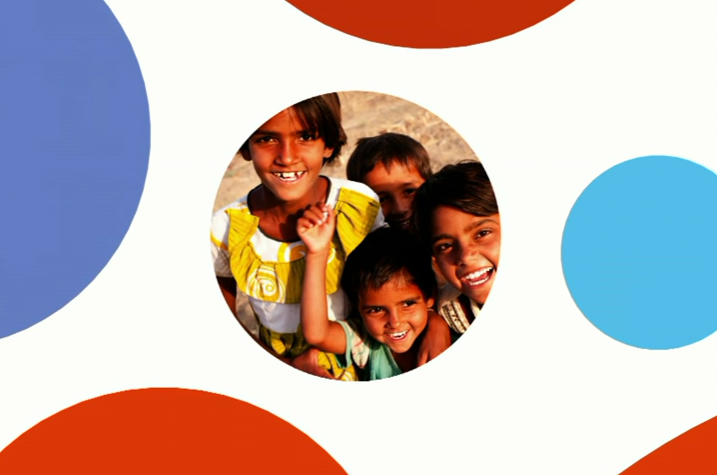How many people here in this room smile more than 20 times per day?
在座的各位有多少人每天微笑超過20次?
Raise your hand if you do. Oh, wow.
超過的請舉手。
Outside of this room, more than a third of us smile more than 20 times per day, whereas less than 14 percent of us smile less than five.
哇,在全世界每天有超過三分之一的人每天微笑超過20次,而每天微笑不足五次的人占人口的14%。
In fact, those with the most amazing superpowers are actually children, who smile as many as 400 times per day.
實際上,擁有最多超能力的要數(shù)兒童,他們每天微笑約為400次。

Have you ever wondered why being around children, who smile so frequently, makes you smile very often?
你有沒有想過為什么與經(jīng)常微笑的孩子們相處久了,你也變得愛笑了?
A recent study at Uppsala University in Sweden found that it's very difficult to frown when looking at someone who smiles.
瑞典烏普薩拉大學(xué)近期的一項研究發(fā)現(xiàn)當(dāng)人在微笑時,很難同時皺起眉頭。
You ask why? Because smiling is evolutionarily contagious, and it suppresses the control we usually have on our facial muscles.
你可能會問為什么?這是因為微笑的感染力極強,它主導(dǎo)了我們對面部肌肉的控制。
Mimicking a smile and experiencing it physically helps us understand whether our smile is fake or real, so we can understand the emotional state of the smiler.
對微笑進行模擬和物理測試能夠讓我們分辨微笑是真是假,進而了解微笑者的情緒。











